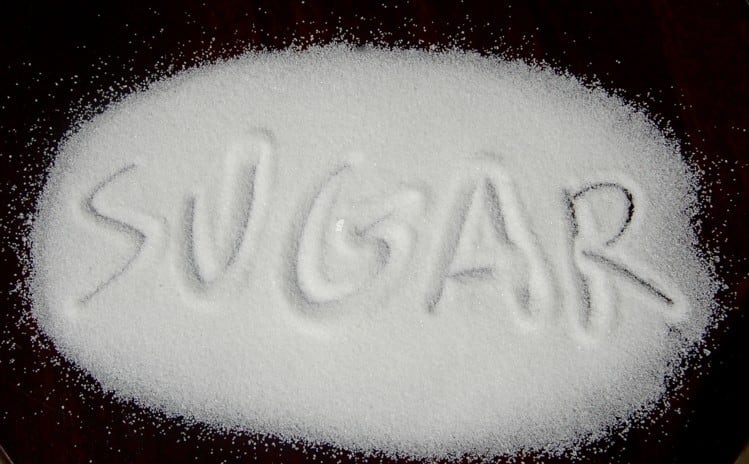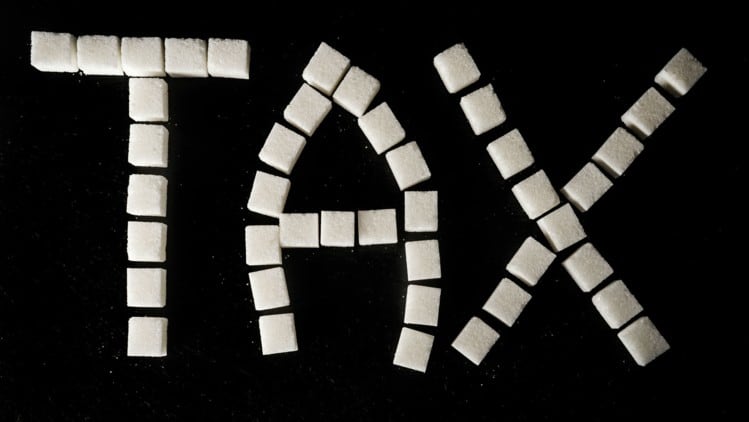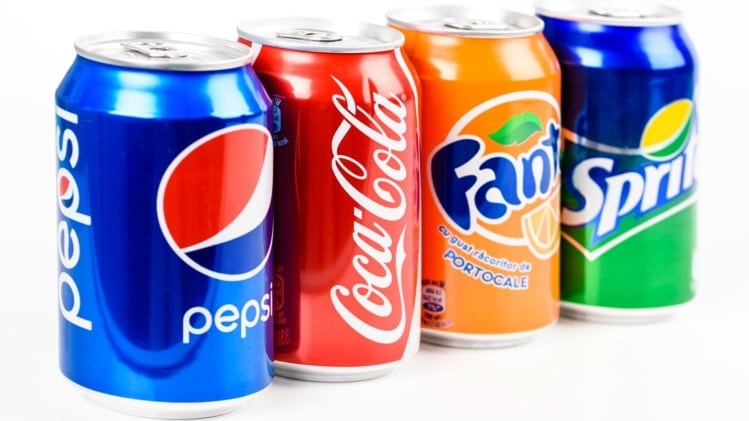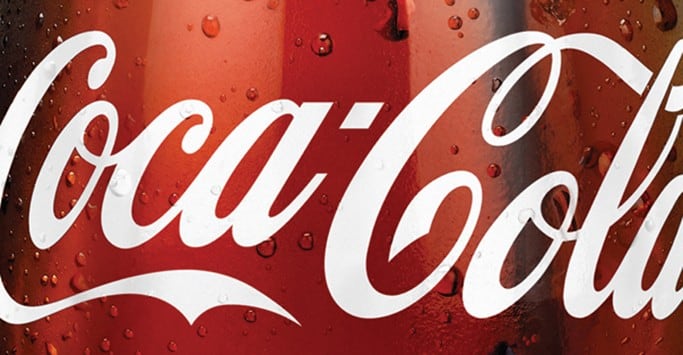Last month, the Philippines government announced a temporary three-month suspension of the increase in fuel excise taxes under TRAIN’s second phase in view of oil price rises, supposed to go live in January 2019.
“While we are happy with the recent decision of the Department of Finance to suspend the hike in oil excise tax, we hope that the suspension will be beyond the three-month reprieve but at least for six months to a year, or until the people fully recover from the effects of the implementation of Train 1,” said Emilio Yulo III of the Sugar Regulatory Administration (SRA) Board via a statement.
The SRA is a government agency under the Philippines Department of Agriculture. It aims to promote the development and advancement of the Philippines’ sugar industry.
“[The SRA aims to encourage farm mechanisation so they are] more efficient and globally competitive. How can our sugar planters […] compete when they have to contend with the high cost of fuel?”
This sentiment was echoed by the Philippines Confederation of Sugar Producers’ Associations. (CONFED) of Negros and Panay. CONFED is the country’s largest group of sugar producers, some 60%.
“We appeal to President Rodrigo Duterte to extend the suspension in behalf of the five million direct and indirect stakeholders of the sugar industry,” said CONFED via a statement.
“While we are certainly grateful for this move, we hope that the DoF will continue suspending, not just the excise tax on fuel but the implementation of the entire second phase of the TRAIN law.”
“With mechanisation at the forefront of our programme to enhance our global competitiveness, the imposition of excise tax has greatly increased our production cost.”
“While mechanisation’s intent is to lower our production cost, the same has not been achieved because of the implementation of the TRAIN law.”
“We fear that further implementing TRAIN 2 which will raise again the levy on fuel by PHP2.00 (US$0.038) after a three-month reprieve will lead to higher production cost, ergo huge losses to the sugar industry.”
“We are also joining the call to suspend, or at the very least, slash the excise tax on fuel and other commodities under Train 1 in the light of rising inflation."
Under TRAIN, fuel tax was adjusted by PHP2.50 (US$0.047) this year. Another PHP2.00 (US$0.038) per litre is planned to be added in 2019 and PHP1.50 (US$0.028) in 2020.
The tax increase is widely regarded as a major contributing factor to the escalation of prices of many items including food and beverage products in the market, leading to Philippines’ 6.7% inflation rate in September, the highest the country has seen in nine years.
Will they or won’t they?
That said, the suspension does not appear set in stone yet. Finance Undersecretary Gil Beltran recently said that the ‘latest price levels’ of crude oil ‘may no longer’ warrant ‘suspension of the adjustment in excise tax’.
However, Finance Assistant Secretary Antonio Lambino told PhilStar that the government would ‘still push through with the suspension, although this was dependent on oil prices’.
“The decision to suspend was made when the prevailing and futures market prices were above $80 per barrel. We will review the decision at some point next year after the suspension is implemented,” he added.
Sugar in the Philippines
Earlier this year, the SRA issued a sugar order allowing 150,000 metric tons (MT) of raw and refined sugar to be imported by the private sector.
“One of the objectives in the creation of SRA is to stabilize prices at a level reasonably profitable to the producers and fair to consumers,” it said in the order.
“The 150,000 MT raw or refined sugar shall be allocated to eligible importers on a first-come, first-serve basis.
“The SRA shall collect a fee of PHP30 per 50-kilo bag of raw sugar or PHP33 (US$0.62) per 50-kilo bag of refined sugar allocated to every eligible trader.”
As of October 24, 149,950 MT of the allowed 150,000 MT import quota had already been filled. 17 companies were listed as importers, including Coca-Cola (8250 MT), PepsiCo Products Philippines (12,200 MT) and Nestle (4625 MT).





